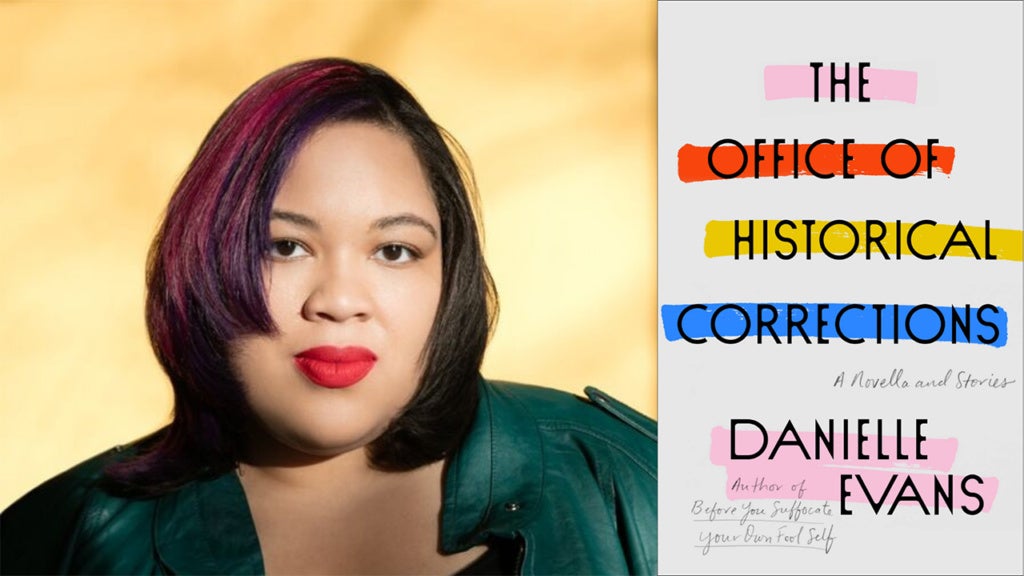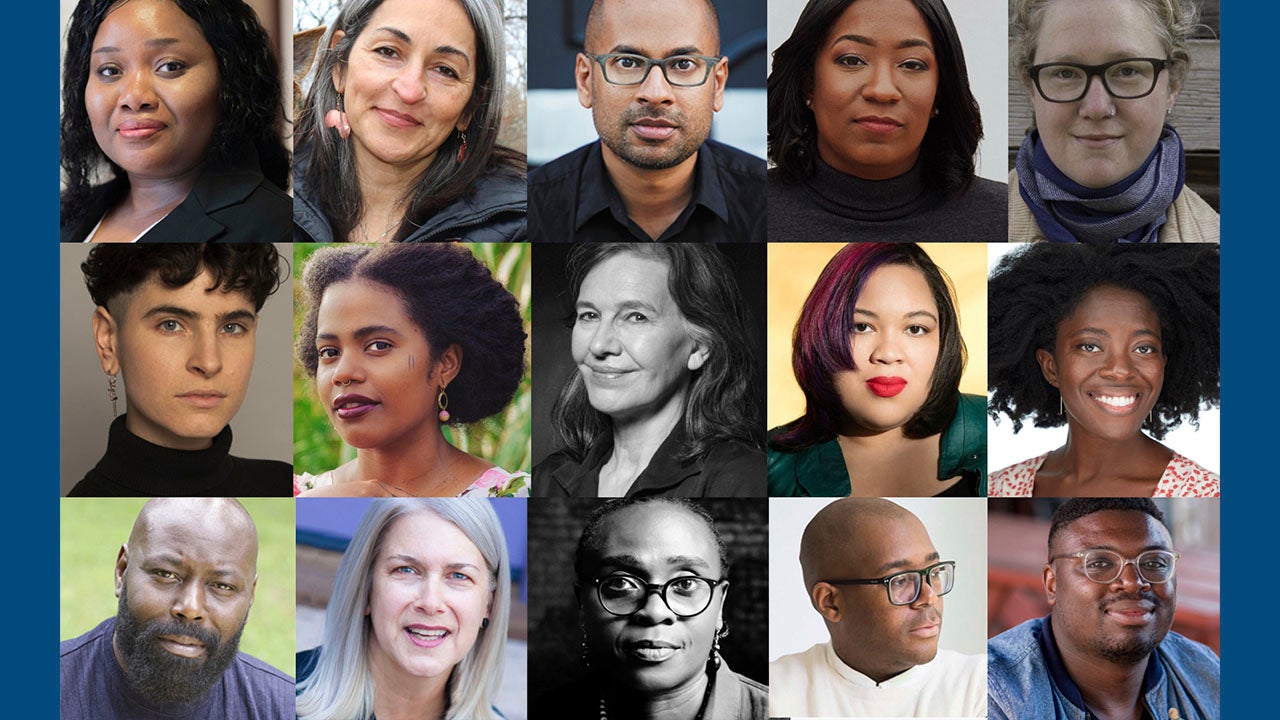On February 17, Aspen Words will announce the shortlist for the fourth annual Aspen Words Literary Prize, a $35,000 award recognizing a work of fiction that addresses a vital social issue. Fifteen works are still in the running, and the diverse list includes 13 novels and two short story collections. While the jury works on narrowing down this list to five finalists and a winner, Aspen Words chatted with the nominees about their work, how they view their role as a writer in the cultural and political moment, and the best piece of writing advice they’ve received.

Danielle Evans is the author of the story collection Before You Suffocate Your Own Fool Self, winner of the PEN America PEN/Robert W. Bingham Prize, the Hurston/Wright Legacy Award, and the Paterson Prize, and a National Book Foundation “5 under 35” selection. The Office of Historical Corrections is her second book of fiction. Evans brings her signature voice and insight to the subjects of race, grief, apology, and American history with writing that manages to be both timely and timeless.
How do you view your role as a writer in this cultural and political moment, and why is the time right for your book?
I think the role of writing is, in some not necessarily equal or consistent combination, to make the present bearable, to make our sense of the past sharper, and to make it feel possible to imagine other futures. Many of the stories in my book felt alarmingly topical in 2020, with subjects from medical racism to social media battles to the power dynamics of abusive relationships to our national investment in refusing to look at the central role of racism in shaping US history. The collection is also largely about grief, and the way that grief can reshape time, which has been horribly relevant lately. I think though that the larger questions the stories ask—about grief, about power, about how we know what’s true, about who we trust to tell a story, how we keep records, and what it means to make or demand a correction or apology— are not linked to any particular moment, although this moment makes them feel perhaps particularly intense.
What is the core tenet of your book’s philosophy?
Maybe that our expectations about a story—where its center is and where it ends—are shaped by our personal and cultural expectations about who the protagonist is. Shifting those assumptions can reshape a story. This of course is closely tied to the book’s central question about history—which of those assumptions about who is at the center of the story are inherited or go unexamined, what versions of the personal and national past we’re accustomed to, what it costs to declare yourself the protagonist when other people assume you’re there for a supporting role.
If you weren’t a writer what would you be?
Assuming I am limited to the talents I actually possess, which rules out photographer, actress, and singer/songwriter, probably a professor of something else, ideally anthropology or history.
What’s the best piece of advice you’ve received on writing fiction?
Read widely and trust your own honest reactions.
Which books have brought you hope or solace, or expanded your awareness over the last year?
It has been a year when I felt pulled to books that let me sit with grief or books that reminded me of what it means to adapt to and survive impossible circumstances, or books that did both. A few recent books I’ve read and returned to this year, along those lines, are Rachel Eliza Griffith’s Seeing The Body, Honorée Fanonne Jeffers’ The Age of Phillis, Alexis Pauline Gumbs’ Undrowned, and Laura van den Berg’s I Hold a Wolf By the Ears. It’s also always a good year to re-read Virginia Woolf’s Mrs. Dalloway, and Toni Morrison’s Jazz, both of which are, among other things, the long aftermath of a communal trauma or upheaval, and the interior lives we live alongside that upheaval.


